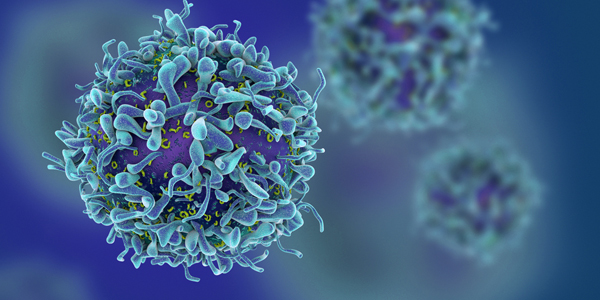Iodine’s Role in General Health and Cancer Prevention
Iodine, as one of the essential elements in the body, plays a significant role in overall health and disease prevention. Studies have shown that iodine can have a positive effect in reducing the risk of certain types of cancer. This effect is mainly attributed to iodine’s role in regulating thyroid hormones and its anticancer properties.
Mechanisms of Iodine’s Impact on Cancer Risk Reduction:
Thyroid Hormone Regulation:
Iodine is essential for the production of thyroid hormones. These hormones play a critical role in regulating cell growth and preventing abnormal cell proliferation. Iodine deficiency can lead to thyroid disorders, which are associated with an increased risk of thyroid cancer.
Antioxidant Effect:
Iodine has antioxidant properties that help reduce oxidative damage to cells, a major factor in cancer development.
Inhibition of Cancer Cell Growth:
Studies have shown that iodine can inhibit the growth of cancer cells and induce programmed cell death (apoptosis) in certain cancers, such as breast cancer.
Protection of Sensitive Tissues:
Sensitive tissues like the breast, thyroid, and ovaries require iodine. Iodine deficiency in these tissues may increase the risk of related cancers.
Table: Iodine’s Effect on Reducing the Risk of Certain Cancers
| Cancer Type | Mechanism of Iodine’s Effect | Scientific Evidence |
|---|---|---|
| Thyroid Cancer | Regulates thyroid function and reduces thyroid inflammation | Studies show iodine deficiency increases risk of this cancer |
| Breast Cancer | Increases apoptosis in abnormal cells and reduces excess estrogen | Clinical research confirms a link between iodine intake and tumor growth reduction |
| Ovarian Cancer | Protects ovarian tissue and reduces oxidative stress | Indirect association with decreased cellular stress demonstrated |
| Stomach Cancer | Reduces harmful stomach bacteria and boosts immunity | Some studies suggest a link between iodine intake and reduced risk |
| Prostate Cancer | Regulates hormonal balance and reduces chronic inflammation | Preliminary evidence indicates positive effects of iodine |
Conclusion
Iodine is important not only for thyroid health but also for the prevention of certain cancers. Balanced iodine intake through diet (such as iodized salt and seafood) or supplements can provide protective benefits. However, excessive iodine consumption may cause problems; therefore, consulting a healthcare professional to regulate iodine intake is recommended.
